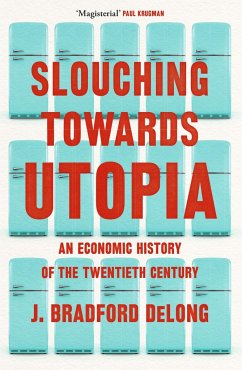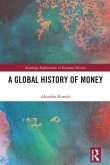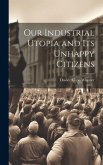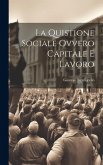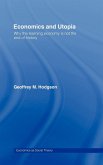From one of the world's leading economists, a grand narrative of the century that made us richer than ever, yet left us unsatisfied. Before 1870, humanity lived in dire poverty, with a slow crawl of invention offset by a growing population. Then came a great shift: invention sprinted forward, doubling our technological capabilities each generation and utterly transforming the economy again and again. Our ancestors would have presumed we would use such powers to build utopia, but it was not so. When 1870-2010 ended, the world instead saw global warming, economic depression, uncertainty, inequality, and broad rejection of the status quo. Slouching Towards Utopia tells the sweeping story of how this unprecedented explosion?of material wealth?occurred,?how it transformed the globe, and?why?it?failed to deliver us to utopia.?Of remarkable breadth and ambition,?it?reveals how the last century was much less?a march of progress?than?a slouch?in the right direction.
Hinweis: Dieser Artikel kann nur an eine deutsche Lieferadresse ausgeliefert werden.
Hinweis: Dieser Artikel kann nur an eine deutsche Lieferadresse ausgeliefert werden.

